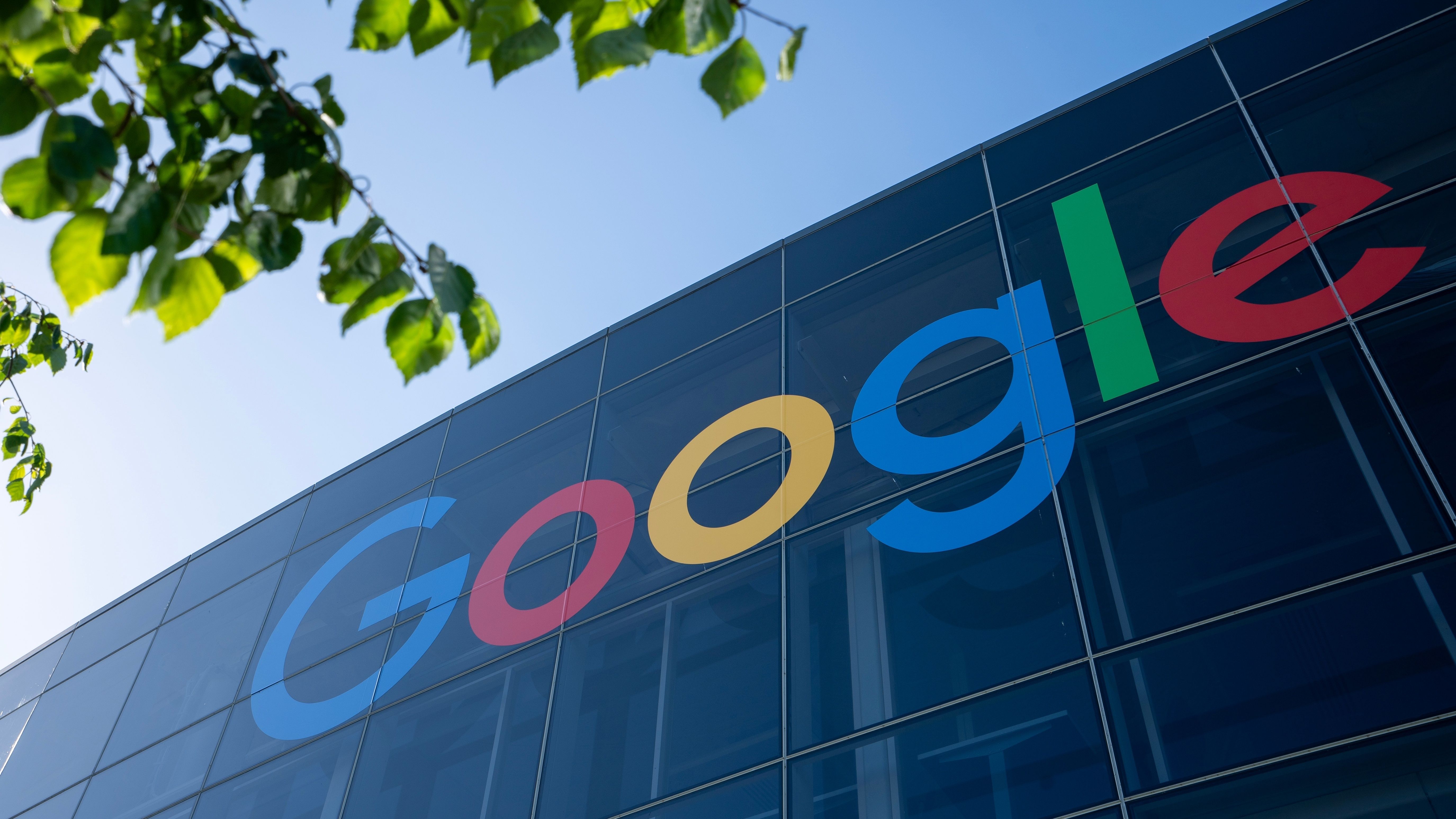
Google’s link shortener used to be an incredibly popular service, but the ability to create links was turned off in 2018. Google said all links would stop working this year, and even though the company is partially reversing course, many links across the web will still become broken.
Google confirmed earlier this year that it was completely shutting down its goo.gl service, which would have permanently deleted all links created with the service. The goo.gl service was frequently used in social media posts—platforms like Twitter used to include each character in web links towards the general character limits. It was also used for tracking clicks and other places where short links are useful, which are the main uses for similar link shorteners today, like Bitly and TinyURL.
Google said in a new blog post today, “We’ve adjusted our approach in order to preserve actively used links. We understand these links are embedded in countless documents, videos, posts and more, and we appreciate the input received. Nine months ago, we redirected URLs that showed no activity in late 2024 to a message specifying that the link would be deactivated in August, and these are the only links targeted to be deactivated.”
Those links that are still “actively used links” will continue working past the shutdown date of August 25th, 2025, but ones that show a “This link will no longer work in the near future” warning will still shut down.
It’s great that many links will continue working, but it’s still somewhat baffling that Google is doing this at all. The infrastructure for tracking link clicks and creating new links is already gone, so all that’s left of the goo.gl service is the link database and simple redirects. Google is not short on cash right now, and with many of those links infrequently used, the server costs to handle those redirects would be a rounding error compared to Google’s other services.
The web already has a serious problem with link rot—the trend of links breaking over time as services shut down, websites move, and redirects break. Google could very easily keep those redirects working indefinitely, but it’s still about to break countless links in documentation, social media posts, videos, podcasts, and other resources.
Google also said in its blog post, “All other goo.gl links will be preserved and will continue to function as normal. To check if your link will be retained, visit the link today. If your link redirects you without a message, it will continue to work.”
I recommend doing a text search for “goo.gl” in your storage locations and bookmarks to see if you have any documents that could be affected. Spotlight and Finder on Mac can search the text of many document formats, and PowerShell in Windows has a similar feature. Cloud storage services like Google Drive and OneDrive can also find matching text inside your files, along with code platforms like GitHub.
Source: Google